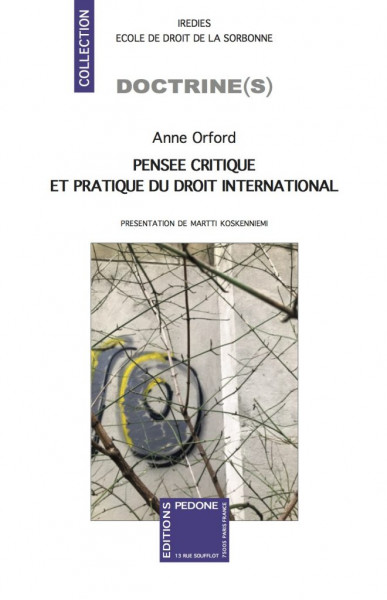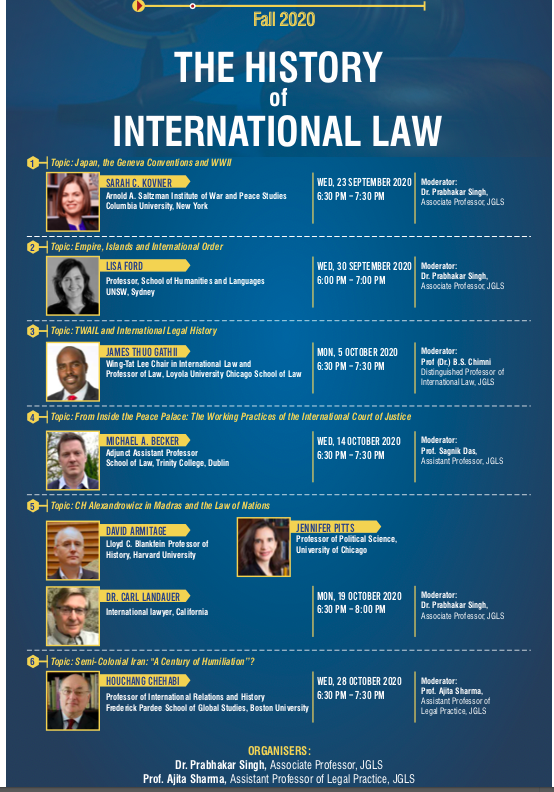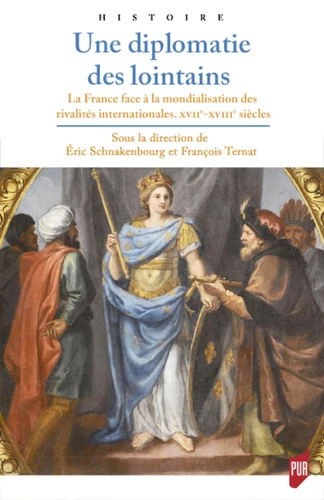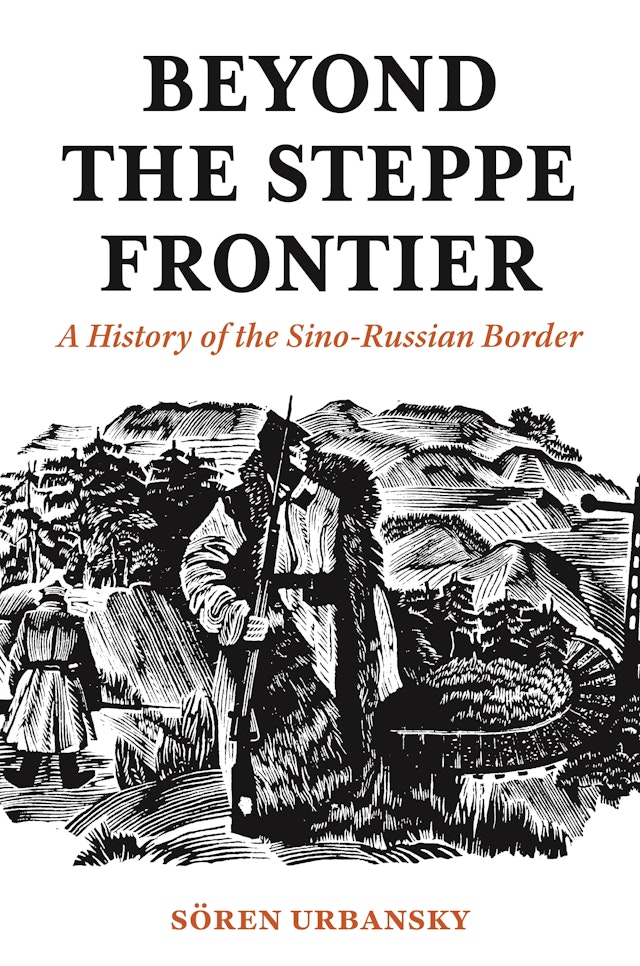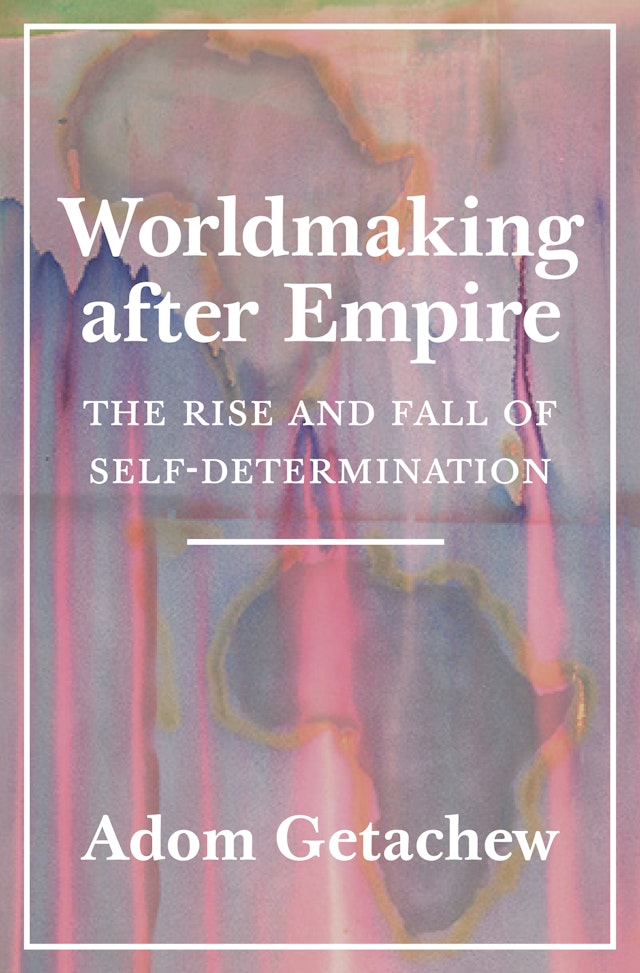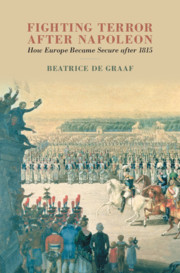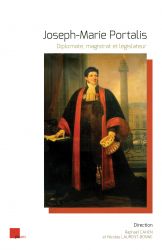Abstract:
Grotius is not generally considered a state theorist, but a theorist and jurist of natural law. But his accounts of natural right, sociability and sovereign power – all building blocks of his carapace of a natural legal order – generate also an exoskeleton of political order that leans upon but is not reducible to the legal order of natural law. As such, Grotius's juristic sensibility and his Roman legal methods, generate not so much a political theory of the state as a set of generative parameters for the conceptualization of the state in which the concrete constitution of state authority is historical and plural, even as it is integrated into a universal legal order. State authority is made possible and accountable under a system of natural legal right, even as its constitution is a historical achievement that should not readily be disturbed and in which a large range of freedom and unfreedom is lawful and should be accepted. Grotius theory of the state holds important lessons and implications for our contemporary world, where over the last 25 years we have grappled constantly with the problem of what a state is, the circumstances under which we might justifiably breach its sovereignty, and the profound difficulties of re-making state orders when they have failed, collapsed or been destroyed by foreign intervention.
On the speaker:
Professor Nehal Bhuta holds the Chair of Public International Law at University of Edinburgh and is Co-Director of the Edinburgh Centre for International and Global Law. He previously held the Chair of Public International Law at the European University Institute in Florence, where was also Co-Director of the Institute's Academy of European Law. He is a member of the editorial boards of the European Journal of International Law, the Journal of International Criminal Justice, Constellations and a founding editor of the interdisciplinary journal Humanity. He is also a series editor of the Oxford University Press (OUP) series in The History and Theory of International Law. Prior to the EUI he was on the faculty at the New School for Social Research, and at the University of Toronto Faculty of Law. Before entering academia, he worked with Human Rights Watch and the International Center for Transitional Justice. Nehal’s two most recent edited volumes are Freedom of Religion, Secularism and Human Rights (OUP) and Autonomous Weapons Systems - Law, Ethics, Policy (Cambridge University Press with Beck, Geiss, Liu and Kress). Nehal works on a wide range of doctrinal, historical and theoretical issues in international law, international humanitarian law, international criminal law and human rights law. He is about to start work as a General Editor (with Anthony Pagden and Mira Siegelberg) of The Cambridge History of Rights (5 volumes).
(source: LCIL)


